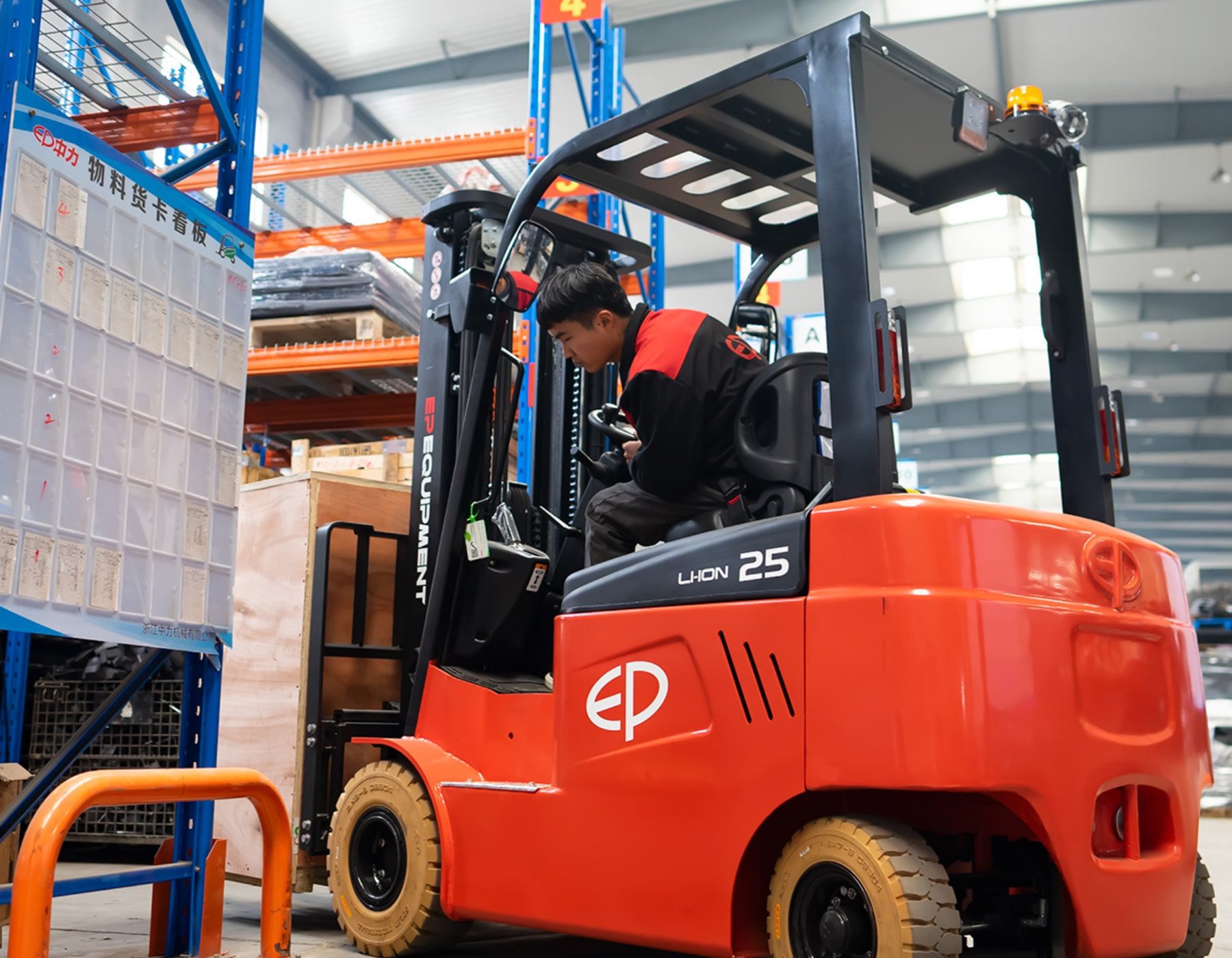
Forklift Daily Checks: Why Inspections Are Crucial for Warehouse Safety
In any warehouse or logistics setting, safety is absolutely crucial. That’s why forklift daily checks are more than just best practice — they’re a legal obligation. Whether you manage a small distribution centre or a massive warehouse, daily FLT inspections keep your equipment safe and your team protected
So, what are FLT checks all about, and why should they be an essential part of your daily routine?
What Are Fork Lift Truck (FLT) Checks?
FLT checks are essential pre-use inspections that you should perform before getting behind the wheel of a forklift truck. These checks are all about making sure the machine is safe, fully operational, and free from any damage or issues that could lead to injuries, breakdowns, or accidents.
Typically, FLT checks cover:
- Visual inspections – looking for leaks, assessing tyre condition, and checking the forks and mast for any signs of wear
- Operational checks – making sure the brakes, lights, horn, and hydraulics are all working properly
- Safety features – ensuring seatbelts, warning alarms, and mirrors are in good shape
- Battery or fuel checks – verifying that power levels are adequate and connections are secure
These inspections are usually done at the beginning of each shift and are documented in a checklist or logbook as part of your company’s safety protocols.
Why Are FLT Checks So Important?
1. Legal Compliance
In the UK, the Provision and Use of Work Equipment Regulations 1998 (PUWER) requires employers to keep work equipment in good condition and safe for use. That’s where regular FLT checks come in—they’re crucial for staying on the right side of the law.
Neglecting these checks can lead to hefty fines, legal troubles, or even worse—serious injuries on the job.
2. Prevention of Accidents
It’s often the little things that can lead to big problems. A minor issue like a faulty brake or a worn-out tire can spell disaster in a bustling warehouse. By conducting routine checks, you can catch these potential hazards before they escalate into serious risks.
Spotting issues early means you can prevent accidents that could harm operators, colleagues, or even damage valuable stock and infrastructure.
3. Reduced Downtime
Nothing disrupts a shift quite like a breakdown. Regular checks help you identify minor faults before they snowball into major repairs, ensuring your fleet stays in top shape and minimising costly downtime.
4. Longer Equipment Lifespan
Just like with a car, taking good care of a forklift can really make it last. By keeping an eye out for wear and tear during daily inspections, you can help extend the life of your trucks and cut down on those costly replacements.
5. Boosted Operator Confidence
When forklift operators feel confident that their vehicle is safe and well-maintained, they’re more likely to get the job done efficiently. This not only gives your team peace of mind but also fosters a culture of responsibility and safety.
What Should Be Included in an FLT Check?
Looking to make sure your FLT is in top shape? Here’s a handy checklist to keep you on track:
Visual Checks:
- Take a good look at the overall condition of the truck.
- Inspect the forks, mast, and carriage for any issues.
- Check the hydraulic lines and connections.
- Look over the tyres for any signs of wear or damage.
- Don’t forget to check the battery or fuel system!
Operational Checks:
- Test the brakes and steering to ensure they’re working smoothly.
- Make sure the horn and warning lights are functioning properly.
- Check the seatbelt and the integrity of the seat.
- Go through the controls and lift mechanisms to confirm they’re operating as they should.
- Lastly, ensure the reversing alarm and beacons are in good working order.
Don’t Forget to Keep Records
Keeping a record of every check is not just a good habit — it’s often a requirement. Whether you prefer using paper checklists or a digital system, make sure to log your inspections. These records are crucial as they provide proof of compliance and can be incredibly important if there’s ever an investigation or audit.
Final Thoughts
FLT checks are more than just a task to complete — they play a key role in ensuring your warehouse operates safely, legally, and efficiently. By incorporating these inspections into your daily routine and embracing them as part of your safety culture, you’re not only safeguarding your team but also protecting your business’s bottom line.
Need assistance in establishing a solid FLT maintenance routine or searching for dependable forklifts for your operation?
Reach out to Hannaman Material Handling — your go-to partner for safe and effective material handling solutions.
